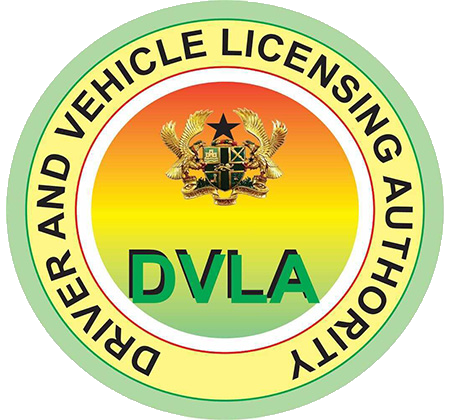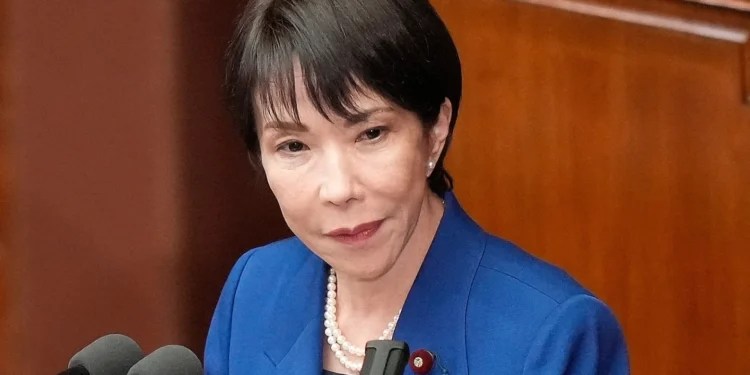The Chief Executive Officer (CEO) of the Driver and Vehicle Licensing Authority (DVLA), Julius Neequaye Kotey, has announced that Ghana will implement new number plates and enhanced tracking systems starting January 1, 2026.
The reform marks a sweeping transformation of the country’s vehicle registration processes, designed to close loopholes, increase accountability, and strengthen efficiency.
Mr. Kotey explained that the DVLA has introduced a new Dealer’s Permit (DP) sticker that ensures traceability of vehicles from the port through to the local transport system.
“The new DP sticker allows us to track who is driving the car, when it arrived in Ghana, its destination, and the date the sticker expires. Once scanned, the code reveals all these details. It was wrong to have cars in the system without knowing their owners, but now, right from the port, we know who owns the vehicle”
Julius Neequaye Kotey, DVLA CEO
While car dealers are required to use DV stickers for vehicles in their garages, Mr. Kotey stressed that individuals must register their cars within two weeks of acquisition. Using DV plates without valid reasons such as repairs will now be treated as a violation of the law.
The DVLA is also considering introducing a special number plate for those who fail to register their cars within the two-week grace period. Mr. Kotey warned that these plates would not come cheap.

Additionally, the Authority has resolved to phase out the practice of including the year of manufacture on number plates. Starting January 1, 2026, number plates will instead feature a regional code at the top and an area code at the end.
“For instance, a plate will read GR 222 AD, with AD representing Adenta. We have completed all the legal groundwork and intend to roll this out on the first of January next year”
Julius Neequaye Kotey, DVLA CEO
24-hour services at Adenta
Beyond registration reforms, the DVLA is also piloting extended service hours to enhance accessibility for citizens. Mr. Kotey revealed that the Adenta office is now operating a 24-hour system in line with President John Dramani Mahama’s 24-hour Economy, making it possible for people to secure services even at night.
“So far, we are doing only the Adenta Office. Because that is the first office I opened after the renovation. You can go to the Adenta office for all our services. You can get a license, you can do testing, registration, you can do eye testing at 2 a.m.
“People are patronising those services – per the statistics, people come at night”
Julius Neequaye Kotey, DVLA CEO
The initiative is being monitored at the Adenta branch and could be expanded to other offices nationwide if proven successful.
Excavator Registration, Anti-Galamsey Clampdown
Mr. Kotey also highlighted that thousands of excavators used in illegal mining had previously escaped the system entirely, exposing a critical weakness in national registration policy.

He disclosed that investigations revealed none of the excavators seized during anti-galamsey operations had been properly registered.
“If you buy a vehicle, before you use it, you must make sure you register the vehicle; it’s part of our law. So we were like, how come the excavators were not registered? It’s deliberate because if they register, we will be able to trace the owners, and the police can arrest them. There were no number plates”
Julius Neequaye Kotey, DVLA CEO
To close the gap, the DVLA introduced a new policy requiring all excavators to be registered directly from the ports. “Within two weeks, we registered over 1,000 excavators,” he said.
According to him, the Authority also issued a two-week ultimatum for existing excavators to be registered, which resulted in over 5,000 machines being captured in the system. He added that more than 3,000 unregistered excavators have since been seized and are currently kept at the VALCO compound in Tema.
Financial Achievements
Mr. Kotey further revealed that when he assumed office, the DVLA was burdened with massive debts in both cedi and dollar accounts. “In our dollar account, we were owing close to $200 million and in our cedi account, we were owing about GHS 300 million,” he said.
Despite these challenges, the Authority has seen significant progress under his tenure.

“Not to blow my own horn, but in the first quarter alone, I’ve increased revenue by 57%,” he remarked. Mr. Kotey attributed this turnaround to bold measures, including reforms in number plate registration, stricter tracking systems, improved enforcement, and wider service access.
He also noted that the clampdown on the misuse of DP plates has curbed revenue losses. “Some people buy 2 DP plates and smuggle 20 cars out of the port with them,” he revealed, describing how the state had previously lost millions through such schemes.
By instituting systems that now identify owners of DP plate cars right from the port, Mr. Kotey said the DVLA has achieved major breakthroughs in accountability and state revenue protection.
As Ghana moves toward January 2026, these reforms are expected to transform the DVLA into a more efficient, transparent, and digitally empowered institution.























